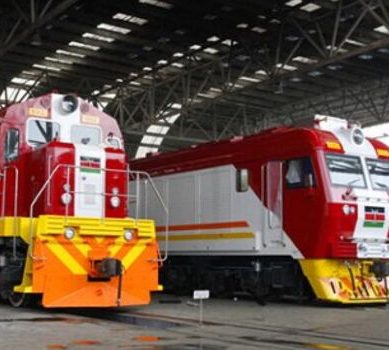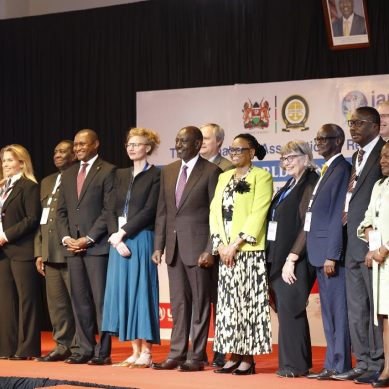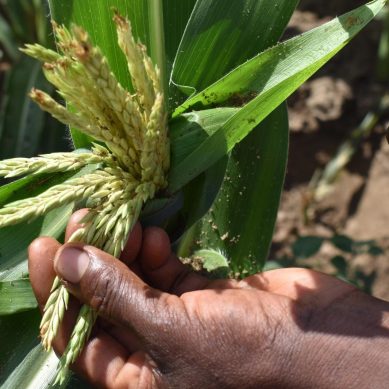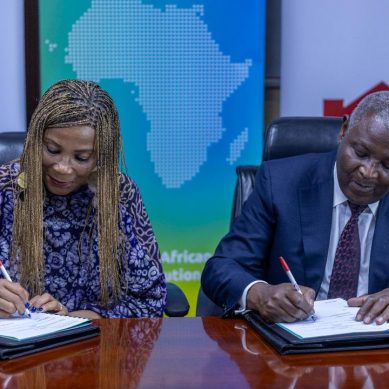
Kenyans have been debating a lot on whether Raila Odinga will win or lose the African Union Commission (AUC) chairperson seat to his Djiboutian rival, Mahmoud Ali Youssouf – who is described back home as a seasoned foreign affairs minister – is in the numbers, region, colonial allegiance, culture and economic weight.
There was also Somalia’s Fawzia Yusuf Adam in the race to replace retiring Moussa Faki, in office since 2017,but the former foreign minister’s star faded fast, paving the way for Mogadishu to throw its lot behind Raila Odinga.
In Kenya, Raila’s rating is erroneously based on local politics of hate and lack of exposure. Refrain! Please don’t judge this argument based on my name. In ‘Kenya-speak’, my name betrays me!
From my experience, having worked with an AU organ that enabled me to attend several AU meetings, including elections of AUC’s chairpersons, I would like to submit as follows:
- In its geopolitical space in the world, the AU is currently yearning for three critical investments – institutional reforms and investment in the economic sphere, increased cooperation in the security field, shared vision of international and regional issues, and investment in the social and humanitarian sphere
- There are strong geopolitical interests or representations in the continental body, and which is represented by the five regions; northern, western, central, southern and eastern. There is also the Anglophone, Francophone, Lusophone and the Arabic spheres
- The winner of the seat is expected to garner a two-thirds majority of the 55 member states
- After the reign of Ivorian Amara Essy (2002-2003, from West Africa), Malian Alpha Oumar Konare (2003-2008, West Africa), Gabonese Jean Ping (2008-2012, Central Africa), South Africa’s Nkosazana Dlamini Zuma (201-2017, Southern) and now Chadian Moussa Faki Mahamat (2017-2025, Central Africa), it’s now Eastern Africa’s turn
- Candidates for the position are fronted by the countries. They represent those countries and those regions.
Analysis
Do not suffocate with bile or celebrate too soon. The seat can go either way. However, the odds are stacked against the Djiboutian for the following reasons:
- Will SADC vote as a bloc? The answer is yes – based on past votes about anything at the AU
- Will East Africa (not eastern) vote as a bloc? The answer to this is yes again – the eight member-states of the East African Community (EAC) have already endorsed Raila
- Will the Arab bloc vote unanimously for their own – Djibouti? The answer to this is an emphatic NO. Algeria and Egypt are already fronting candidates to deputise Raila (as running mates). That leaves Djibouti with only 11 possible votes from this bloc. Culturally, Djibouti is predominantly Cushitic, although their lingua franca is Arabic.
- Will all the Francophones vote for Djibouti? Again, the answer is a resounding No. In reality they might all revolt against Dibouti out of guilt of dominating the AUC leadership. Remember all the past AUC chairpersons, apart from Dlamini Zuma, have had Francophone leanings. This could even cause the Anglophones to vote for Raila as a bloc to assert their sphere
- Will the political realignment in Kenya (Raila working with President William Ruto) negativity affect Raila’s vote? The answer to this is another big NO! Many Kenyans don’t know how the AU works. For example, former Zimbabwe President Robert Mugabe could not have been made the AU chairperson if local politics was to be considered. Mugabe’s credibility suffered a sustained international campaign by the human rights organisations. This included even demonstrations at the AU headquarters in Addis Ababa against his candidature.
- Sudan’s former president Omar al Bashir attended several AU meetings despite being on the most wanted list by the International Criminal Court. Despite all these, Bashir was very influential at the AU
- The AUC chair position is decided through intense lobbying, diplomacy and influence-peddling (including paying some subscription fees for some poor countries like Eritrea, Burkina Faso, Burundi among others).
Early indications are Raila is going to have roller-coaster. I would not be surprised if the Djiboutian pulled out of the race and supported Raila. The odds are against him and he is aware of the sheer force of numbers the Kenyan candidate commands.
- A Tell report / Opinion be veteran Kenya journalist Tervil Okoko








